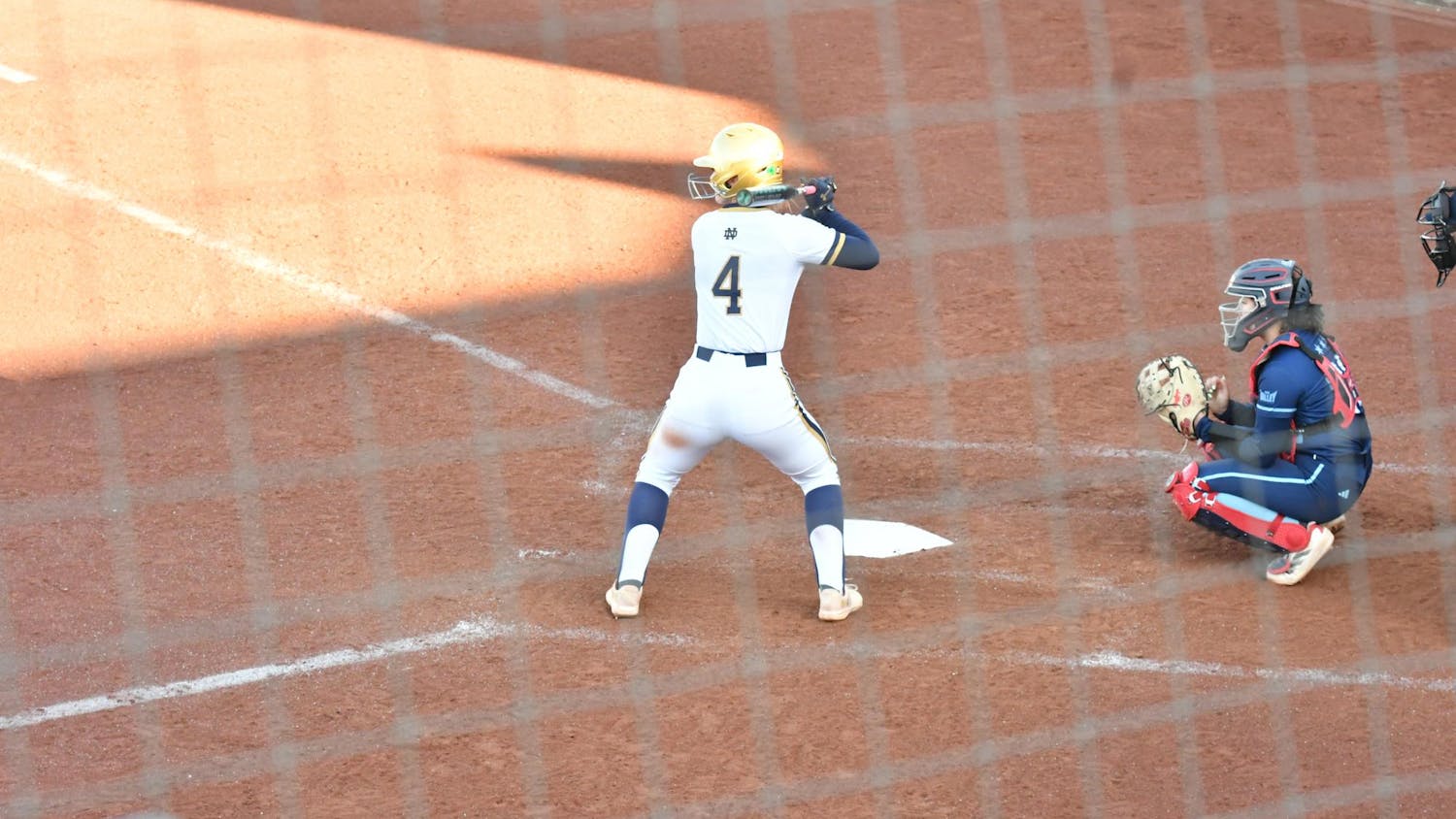This past Saturday, the UConn women’s basketball team extended its win streak to an NCAA-record 91 games with a predictable 40-point road beatdown of SMU. In doing so, the Huskies topped their own preexisting record of 90 wins that was less than six years old.
Last year, I argued before the NCAA tournament in favor of the somehow not universally held belief that the ending of UConn’s supremacy in women’s college basketball would be positive for the sport. Of course, the Huskies went on to easily win their fourth straight title and have continued their incessant dominance with a 17-0 start this season.
Except this year was supposed to be different. As the season began in November, UConn was losing three accomplished starters and AP voters had the audacity to vote the Huskies No. 3 in their preseason poll, suggesting to the public that the Huskies’ peers finally an opportunity to overtake them. In its first game, UConn made these assertions tenable, as the Huskies were uncharacteristically taken down to the wire by Florida State in a close 78-76 victory. Other nonconference games against ranked opponents such as Baylor, Notre Dame and Maryland challenged the Huskies, but once the calendar turned to 2017 and UConn entered conference play in the barren American Athletic Conference (AAC), it has become readily foreseeable that UConn will likely enter the NCAA tournament undefeated.
And therein lies an egregious problem: There is no reason that UConn should be playing in the AAC, a conference that has only one other ranked team, No. 23 USF, who the Huskies bested by 65 points just last week to tie their previous record win streak of 90. As I suggested last March, the parity problem in women’s college basketball isn’t just specific to the UConn teams of the past half-decade; the fact that three teams have accounted for 18 of the past 23 championships (including a trio of three-peats) with obscene average margins of victory in postseason games has limited the sport’s reach for the last few decades. These numbers certainly suggest that a permanent solution will require development of viable competing programs — an ongoing process with a timeline that is incredibly difficult to forecast.
However, this does not mean that a solution to making games more competitive for the current juggernaut shouldn’t be considered in the meantime. A worthwhile and logical resolution would be to remove UConn from the AAC to allow the Huskies to join a more competitive conference like the ACC for women’s basketball or become independents and continue to schedule difficult opponents from other top conferences throughout the entire regular season, like it has already done in nonconference play this year.
While there are certainly monetary and contractual obligations that would hamper the possibility of a move ever becoming a reality, it is undeniably rational from a basketball sense. Even dominant basketball teams are faced with a potential losses when they are faced with a tough conference slate, which often includes weeks with back-to-back games against ranked opponents or in hostile road environments. In the AAC, the Huskies are never faced with these challenges, a large reason why they are 59-0 in conference play since entering the league four years ago. With 11 teams currently — a tell-tale reminder that the league was first and foremost established for monetary gains in other sports — the AAC would not only become more competitive by losing UConn, but also simply have a more sensible number of teams.
To college basketball fans everywhere, UConn’s record 91st consecutive victory should have amazed. Instead, the feat remained hollow and largely a non-story for a team that has been a victim of its own success in a sport characterized by imbalance over the last few decades. While it may take several more years for women’s college basketball to reach a more appealing state of parity, steps should be taken as soon as possible to get the incredible Huskies out of the comparatively feeble AAC.
Read More
Trending









